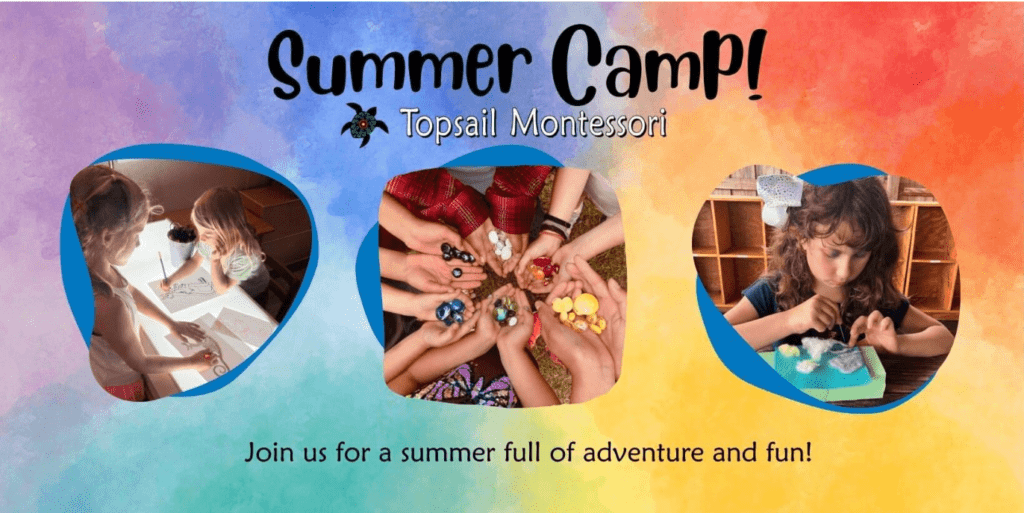MONTESSORI
What makes Montessori unique?
Montessori education is a child-centered approach that is unique in its use of hands-on materials to support children as they develop the skills, strategies and confidence to become lifelong learners. Daily activities are a balance of self-directed exploration and small group lessons, empowering children to be independent, self-directed and purposeful in their learning. Students have a personalized educational experience based on a combination of their passions and initiative with the nurturing guidance of teachers. M
Montessori vs. Conventional Education
MONTESSORI
CONVENTIONAL
Noble Montessori Graduates
Montessori graduates excel in all walks of life. Below is a sampling of former Montessori students who used their creativity, inspiration and passion to make their own unique mark on the world:
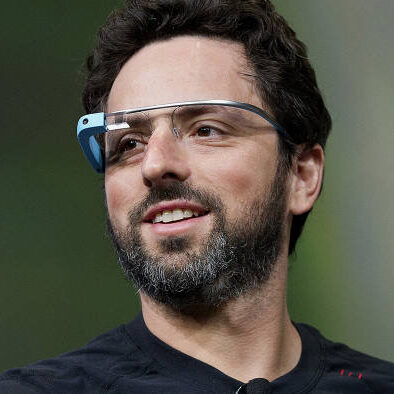
Sergery Brin
Co-founder of Google
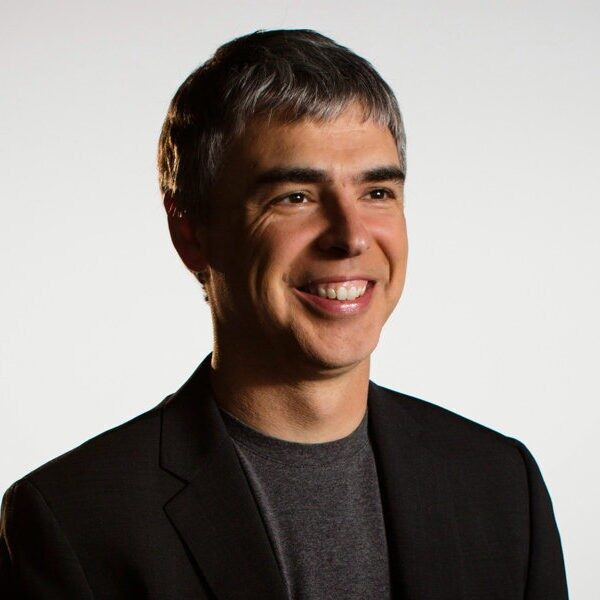
Larry Page
Co-founder of Google
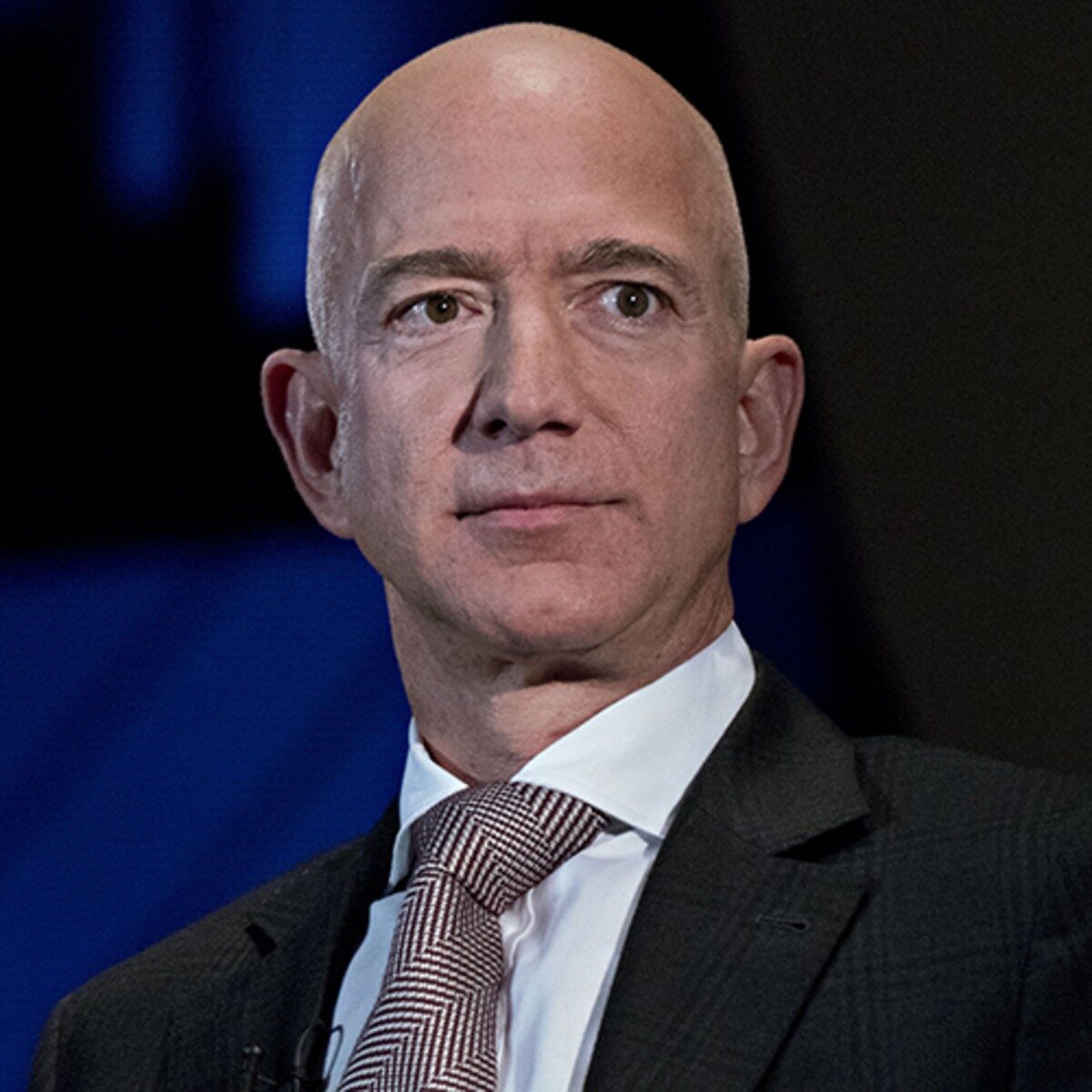
Jeff Bezos
Founder of Amazon
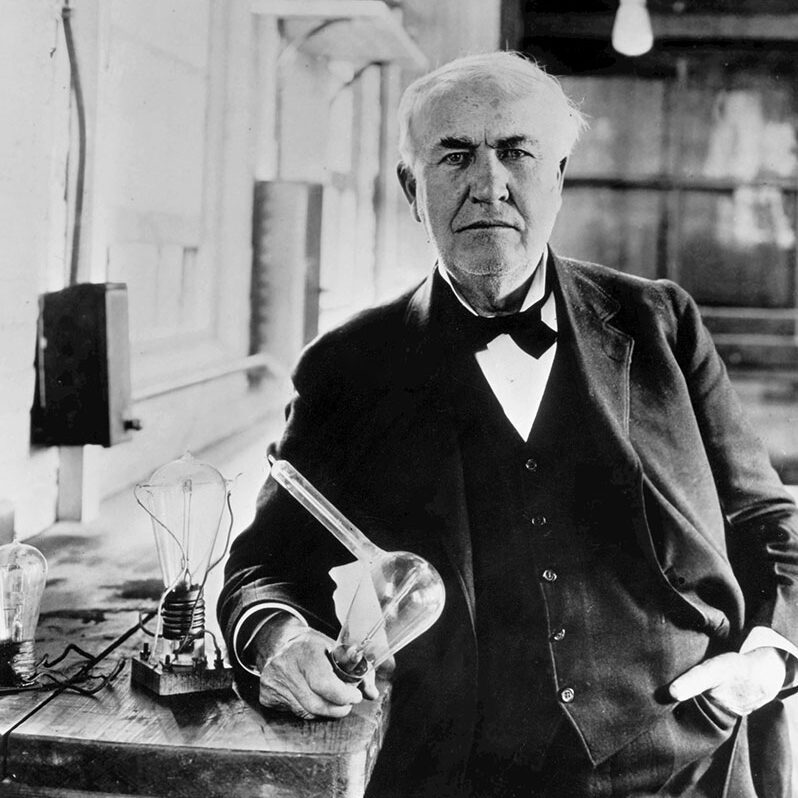
Thomas Edison
Inventor
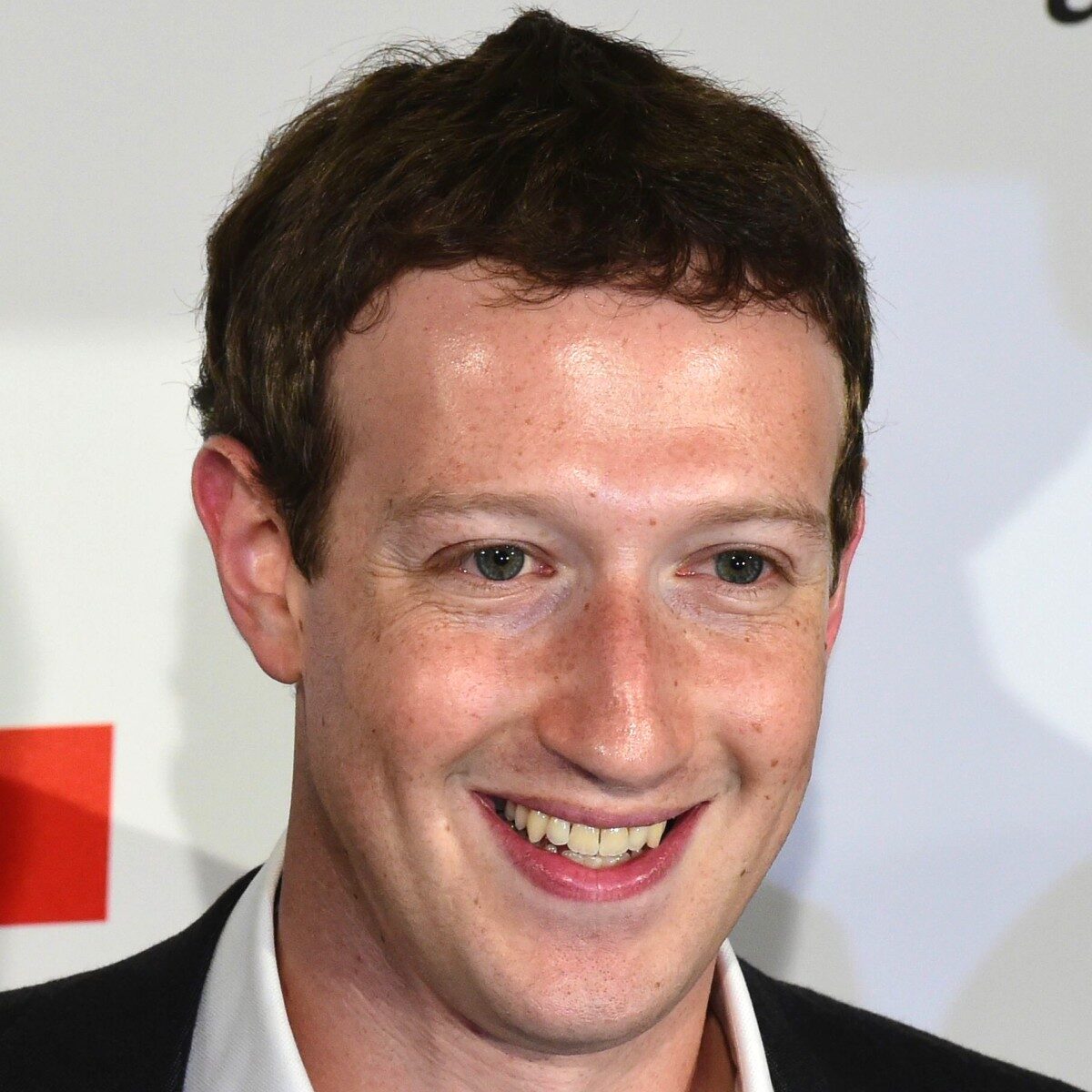
Mark Zuckerberg
Founder of Facebook

Beyonce
Singer, songwriter and actress
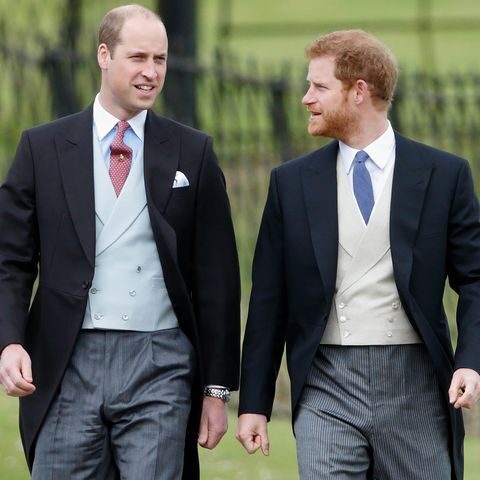
Prince William & Prince Henry
Of the British Royal Family
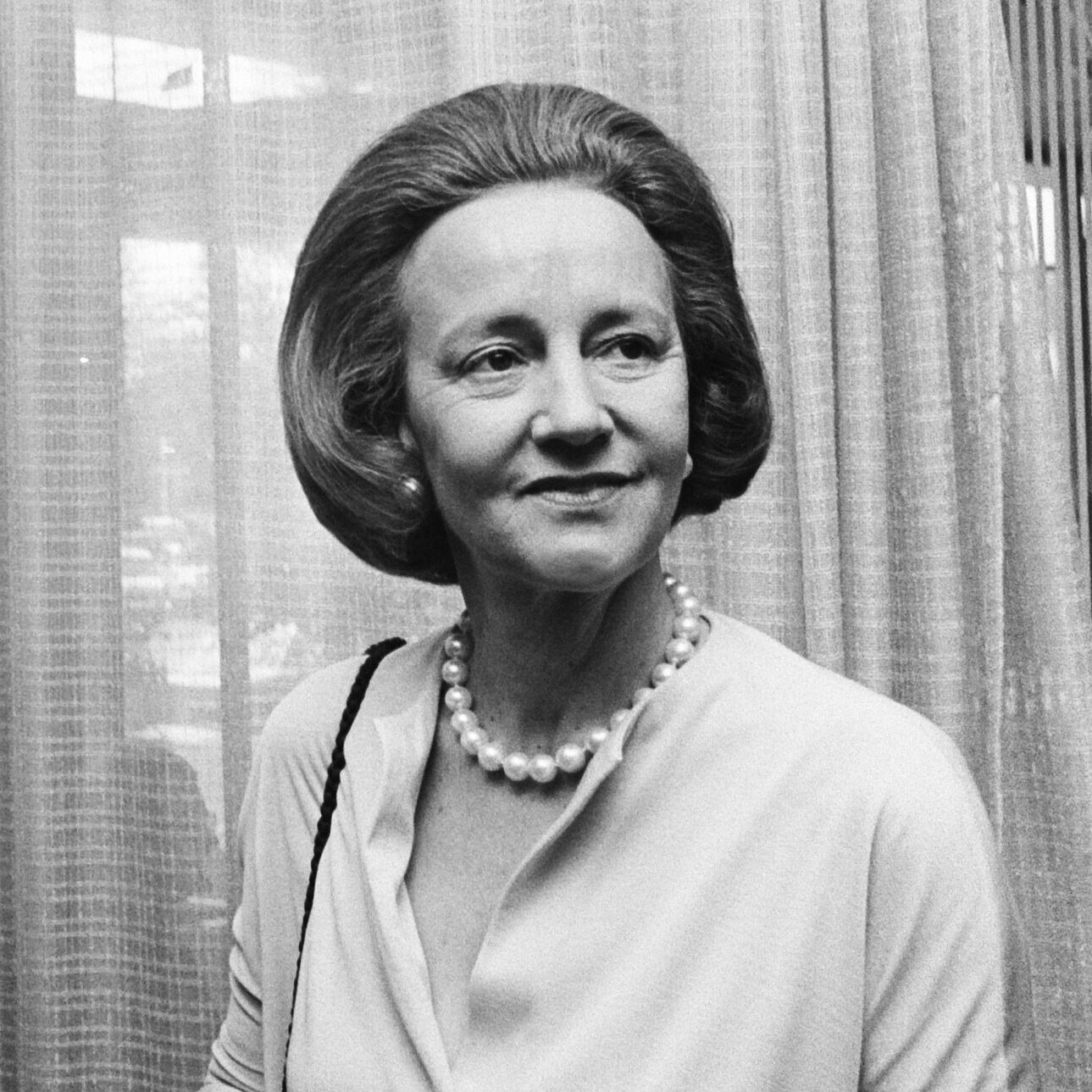
Katherine Graham
Former owner of the Washington Post
Links and Resources
For more inspiration check out these articles, videos, websites and books!
Maria Montessori challenged and changed how kids are taught, and remains influential today (8/2020)
One hundred and fifty years after Maria Montessori’s birth, tens of thousands of teachers around the world still hail her innovations and educational philosophy.
University of Virginia/UVA Today: Montessori Education Erases Income Achievement Gap (11/2017)
New Research from the University of Virginia has found that a Montessori preschool education helps typically under-performing low-income students keep pace with their higher-income peers
National Center for Montessori in the Public Sector: Does it Work? What Research Says about Montessori and Student Outcomes (2003-2012)
“Montessori parents know first-hand how this approach to education supports and nurtures children’s development in all areas: physical, intellectual, language, and social-emotional. Scientific research confirms that Montessori children have an advantage not only academically, but also in social emotional development.”
NY Times: How do we educate people for an automated world? (3/2017)
As our world becomes more and more automated, schools continue to play an important role in preparing children for the ever-changing dynamic work world. The most important skill to learn is how to learn.
Forbes: The Future of Education Was Invented in 1906 (1/2014)
“In fact, the future of Education was invented in 1906. That’s the year Maria Montessori, the first female medical doctor in Italy, opened her revolutionary school…Montessori education was so groundbreaking because it was the first (and, to my knowledge) scientific education method. By which I mean the following: every other education method is based on an abstract model of the child and then derives education methods from that. Maria Montessori, a doctor and a researcher, went the other way around: she experimented with methods and, based on the results, built up a theory of the child, which she then tested and refined through experiment.”
New York Times: What Babies Know About Physics and Foreign Languages (7/30/16)
“New research tells us scientifically what most preschool teachers have always known intuitively. If we want to encourage learning, innovation and creativity we should love our young children, take care of them, talk to them, let them play and let them watch what we do as we go about our everyday lives.”
Harvard Business Review: Montessori Builds Innovators (7/2011)
“Their are strident disagreements these days over every aspect of American educational policy, except for one. Everyone thinks it would be great if we could better teach students how to innovate. So shouldn’t we be paying a great deal of attention to the educational method the produced, among others, Larry Page, Sergeri Brin, Jeff Bezos, David Blaine, and Sean “P. Diddy” Combs? They were all students in Montessori schools. According to a Wall Street Journal article by Peter Sims, there’s a “Montessori Mafia” among the creative elite. So maybe there’s something to the method Italian physician Maria Montessori came up with around the turn of the 20th century.”
The Boston Globe: Succeeding at their own pace: Te Montessori approach to education and some of its famous alumni have made great strides in recent years (8/2011)
“One of my favorite writes, Steven Levy, has published a new book about Google: “In the Plex: How Google Thinks, Works, and Shapes Our Lives.” Cynics might call it a disguised ad for the cabinet of many wonders that is Google – as if the company needs a promotion. It is also a heartfelt Valentine to the Montessori educational system, which, Levy writes, inspired the Google experience. You can’t understand Google unless you know both Larry [Page] and Sergery [Brin] were Montessori kids,” one staffer tells Levy. “Montessori really teaches you to do things on your own at your own pace and schedule,” Brin says in the book. “It was a pretty fun, playful environment – like Google.”
Science Magazine: Evaluating Montessori Education (2006)
“On several dimensions, children at public inner city school had superior outcomes relative to a sample of Montessori applicants…By the end of kindergarten, the Montessori children performed better on standardized tests in reading and math, engaged in more positive interactions on the playground, and showed more advanced social cognition and executive control.”

